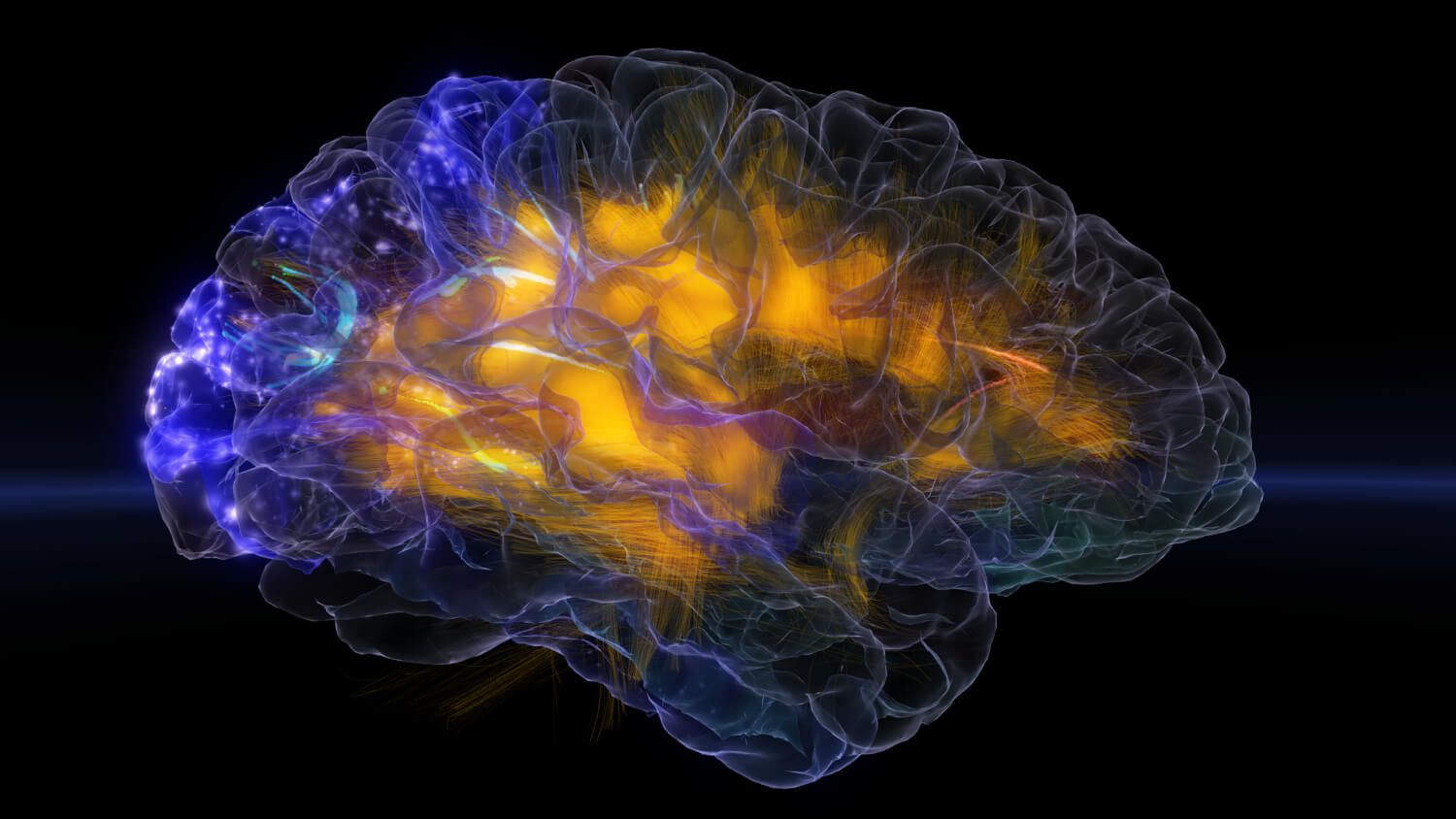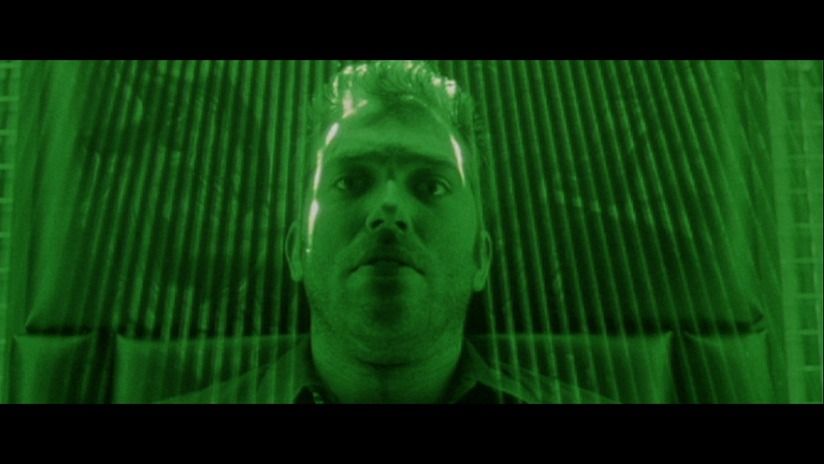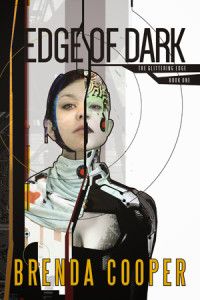“A flag, in short, for all of earth.”
The Planetary Society’s LightSail launched yesterday, May 20th, 2015.
[youtube_sc url=“https://www.youtube.com/watch?v=-cEXKu_Onlk” title=“LightSail%20from%20Carl%20Sagan%20to%20Now”]

The final frontier of digital technology is integrating into your own brain. DARPA wants to go there. Scientists want to go there. Entrepreneurs want to go there. And increasingly, it looks like it’s possible.
You’ve probably read bits and pieces about brain implants and prostheses. Let me give you the big picture. Read more

“So perhaps we’re not that close to a true simulation singularity after all. But as far as simply confusing the human senses about what’s real and what’s not, Fawkes reckons that’s not far off at all. Indeed, you don’t necessarily need perfect graphics to induce suspension of disbelief in the human brain anyway: Just think about how your mind can get carried away watching a film or reading a book. “ Read more

“A common response to this situation is to argue that, even if individual scientists might fool themselves, others have no hesitation in critiquing their ideas or their results, and so it all comes out in the wash: Science as a communal activity is self-correcting. Sometimes this is true—but it doesn’t necessarily happen as quickly or smoothly as we might like to believe.” Read more

“When you combine Bitcoin’s global scope, its extreme divisibility and its ability to verify transactions without third parties, you end up with a system where engaging in exchanges of economic value becomes nearly as friction-free as tweeting or texting.” Read more

Edge of Dark is part space-opera, part coming-of-age story, and part exploration of the relationship between humans and the post-human descendants who may ultimately transcend them.
The book takes place in the same universe as Brenda Cooper’s “Ruby’s Song” books (The Creative Fire; The Diamond Deep). However, you don’t need to have read those books to enjoy this one. The story in Edge of Dark picks up decades after the earlier books.
The setting is a solar system in which the most Earth-like planet, once nearly ecologically destroyed, is now in large part a wilderness preserve, still undergoing active restoration. Most humans live on massive space stations in the inner solar system. A few live on smaller space stations a bit further out, closer to the proverbial “Edge”. And beyond that? Beyond that, far from the sun, dwell exiles, cast out long ago for violating social norms by daring to go too far in tinkering with the human mind and body.
As the story progresses, it becomes clear that those exiles have grown in strength and have become, in some cases, not just transhuman, but truly posthuman. What follows is a story that is rich in politics, and even more rich in plausible, fascinating, and nuanced tensions created by this juxtaposition of human and posthuman.
There are a tremendous number of stories out there that simple-mindedly posit post-humans as a grave threat and enemy to humanity. (Think “Terminator.”) There are others that take a view that human and post- or trans- human can all learn to get along. (Think “X-Men”.) Brenda Cooper has done something remarkable here: She’s given us a story that isn’t simple or moralistic. It’s complicated. At the beginning of the book, I expected a simple morality play with a specific outcome. Later, I changed my mind. Then I changed it again. What she’s presented is messy, just like real life. It’s wound up with politics, just like real life.
The early parts of the book introduce new characters and new settings. The later parts of the book are what grabbed me. In the end, I was extremely happy I read this. Edge of Dark is a unique view of the interaction of human and post-human in my experience. I recommend it highly.
Anyone who posts to the Lifeboat Foundation blog gets a chance to win a signed copy of Edge of Dark!
The deadline for the contest is June 30. If you need access to our blog, send an email with the subject of “Lifeboat Foundation blog” to [email protected].
“People are wedded to these ideas, because they grew up with them. Scientists don’t like to change ideas unless they’re forced to. They get involved with a theory. They get emotionally attached to it. When an idea is looking shaky, they go into defensive mode.” Read more

“When it’s complete, the database will be the first in the world to collect information from individual cells along four basic but crucial variables: cell shape, gene expression, position in the brain, and electrical activity. ” Read more